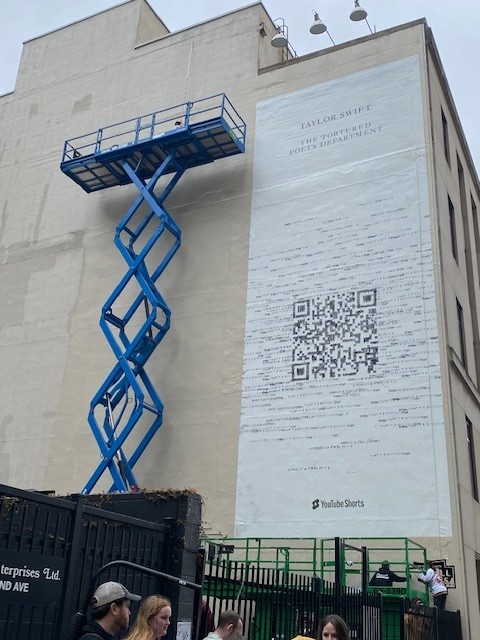
If you're like millions of other Americans, a vacation might be on your priority list this summer as the country shifts back to normalcy.
But depending on where you plan to go, even if your destination is inside the United States, you still might need to test negative for COVID-19 before embarking on a trip. If you've been fully vaccinated, the test requirement doesn't apply - at least that's the case in most, if not all states that require negative test results.
For those who haven't been vaccinated, the Centers for Disease Control and Prevention recommends you undergo a viral COVID-19 test one to three days before a trip.
Many states and local governments say a test isn't required, while others strongly recommend it. In a few states, which are listed below, negative test results are mandatory before entering.
Feeling out of the loop? We'll catch you up on the Chicago news you need to know. Sign up for the weekly Chicago Catch-Up newsletter here.
- Hawaii: Travelers are "strongly advised" to take a COVID-19 test ahead of travel. Trans-Pacific travelers arriving without a confirmed negative result within 72 hours of departure are subject to a mandatory 10-day quarantine, according to the state's website.
- Maine: Adults who have had a negative COVID-19 test within 72 hours before arrival will be able to forgo a 10-day quarantine. However, an antibody test won't be accepted. Residents from Connecticut, Massachusetts, Rhode Island, Vermont and New Hampshire are exempt.
- Massachusetts: Travelers don't have to quarantine if they've received a negative COVID-19 result on a test administered not more than 72 hours prior to their arrival.
- Rhode Island: Travelers who come from a "hot spot" inside the U.S. must quarantine for 10 days or provide proof of a negative result from a COVID-19 test taken after arrival or within 72 hours before arrival, health officials said.
- Vermont: Unvaccinated people must have a COVID-19 test within three days before arriving. The test cannot be a rapid antigen test, health officials said. People who have recovered from COVID-19 within the last three months do not need to test unless they develop new symptoms, officials said.
After traveling, it's advised that unvaccinated individuals undergo a viral test three to five days after returning home and self-quarantine for a full seven days after travel.
As stated on the CDC's website, fully vaccinated travelers can safely travel within the U.S. and don't need to quarantine if traveling inside the U.S. However, they're still advised to wear a mask, social distance and wash their hands often.
Local
For international travel, health forms are required in many instances, and taking a trip remains complicated even for those who've been fully vaccinated. Destinations like the British Virgin Islands, Grenada and Taiwan all plan to welcome vaccinated international travelers in early May.
As announced earlier this week, Americans who have been fully vaccinated may be able to visit countries within the European Union this summer.
All air passengers coming to the U.S., including citizens and those who've received the vaccine, must get tested and receive a negative result one to three days before traveling. Residents who return from a trip must receive a viral test three to five days after traveling and quarantine at home for seven days after travel.



